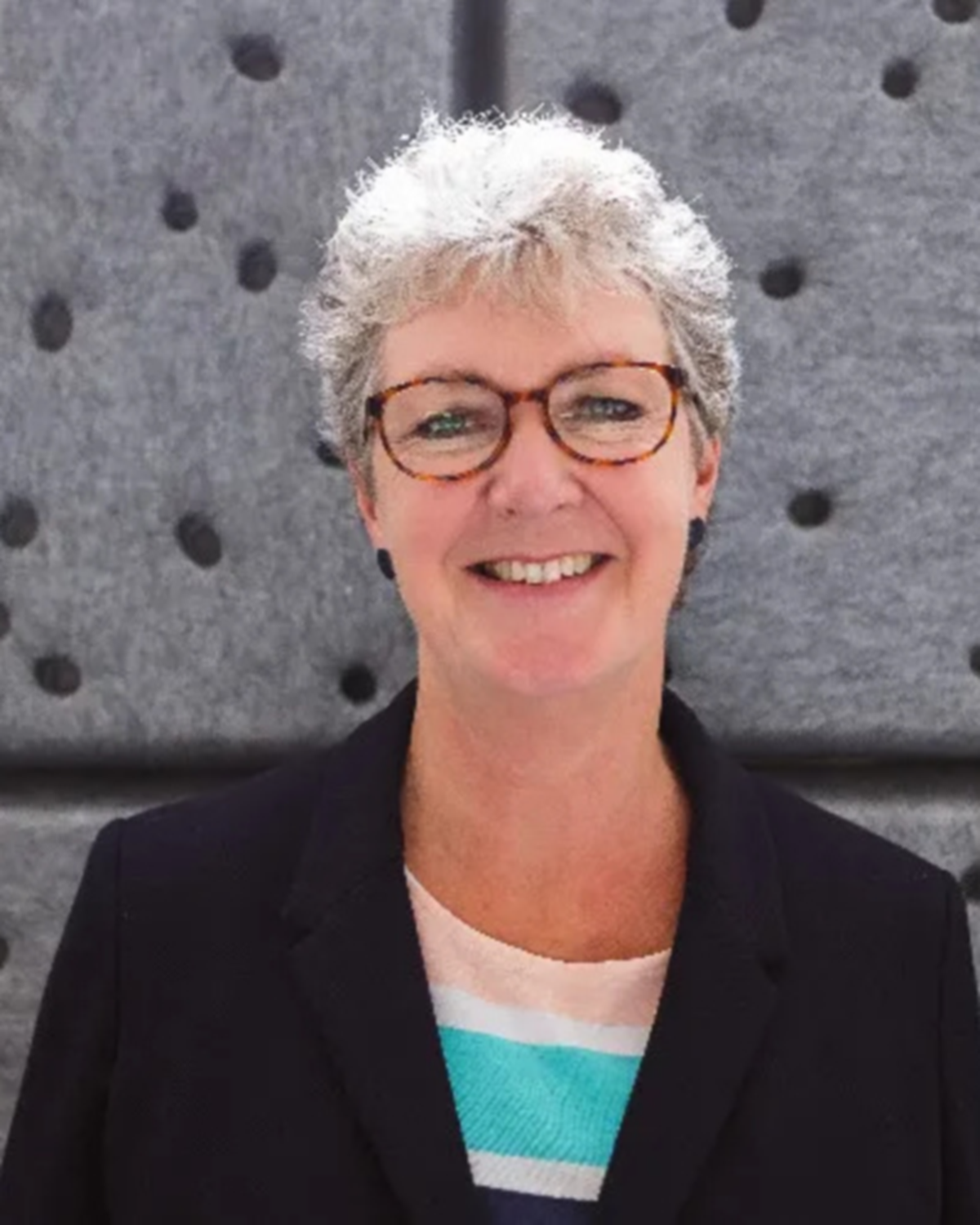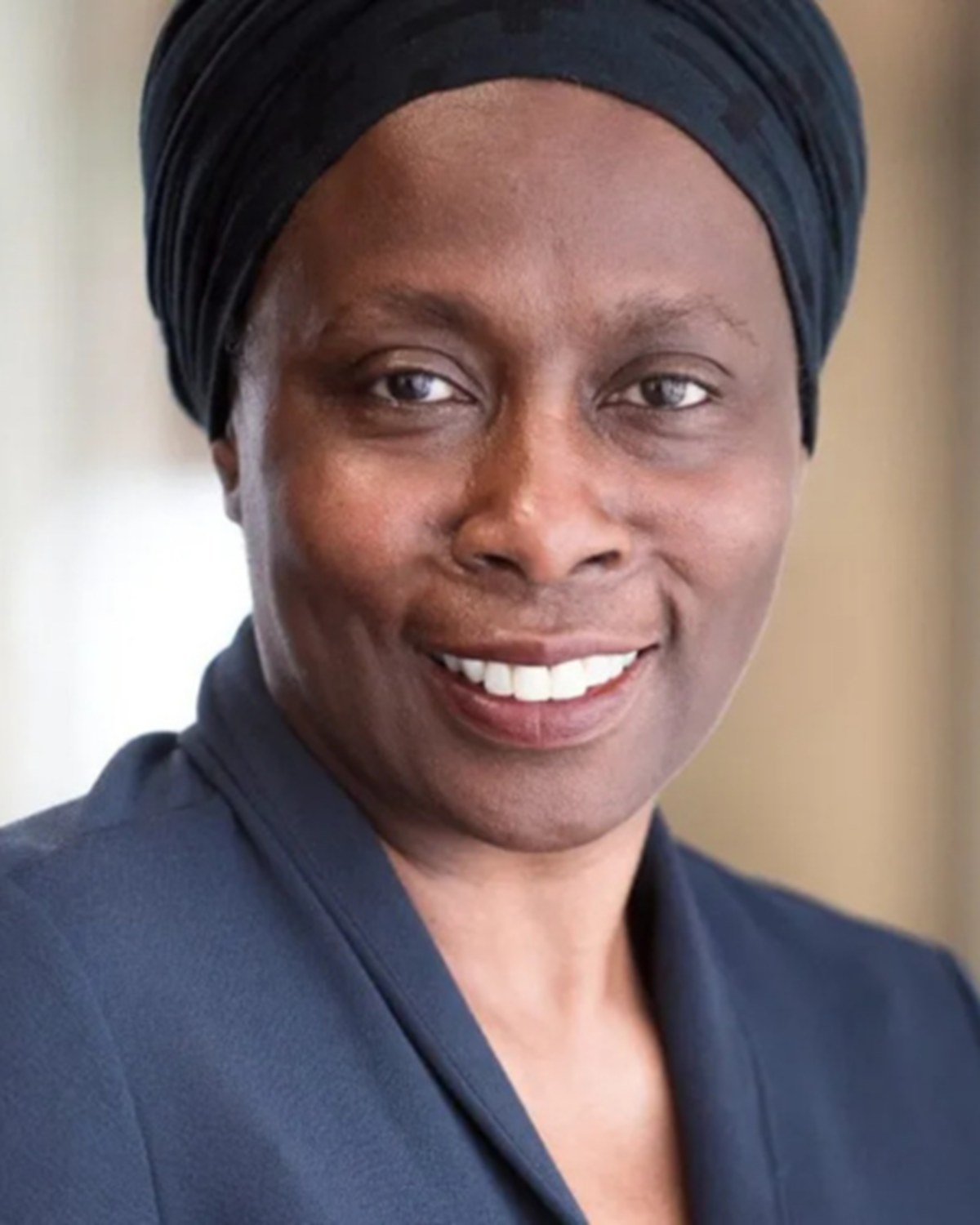Report and recommedations
The Better Social Housing Review was set up in June 2022 by The National Housing Federation and Chartered Institute of Housing to tackle social housing issues in England.
The review was led by an independent panel of diverse experts with direct experience of social housing and a passion for improving its quality. Their aim was to make practical recommendations to social housing providers, the government and everyone else with responsibility for social housing to help achieve that.
The independent panel reached out to people with direct experience and insights on the quality of social housing at the time, from physical problems like damp and mould through to best practice on resident engagement. They engaged with resident groups, campaigners, social housing providers, community organisations, customer-facing staff and lots of other organisations, to gather their insights on what is working and what isn’t.
The NHF and CIH welcomed the Review’s recommendations and published a joint action plan, that aims to work alongside the social housing sector to help them implement the recommendations.
The Chartered Institute of Housing
Our work on the BSHR is a collaboration with CIH – you can visit CIH’s website to find out more about the collaboration and our work on the BSHR on behalf of our members.
Find out more
The recommendations
You can read the recommendations below, and click the links to find out more about NHF and CIH's work.
You can also download the recommendations on one page. The recommendations on a page boil down the information to fit on one page so they can shared as far and wide and with as many different audiences as possible.
1.
Every housing association, and the sector as a whole, should refocus on their core purpose and deliver against it.
Find out more.
2.
Housing associations should work together to conduct and publish a thorough audit of all social housing in England.
Read more.
3.
Housing associations should partner with residents, contractors and frontline staff to develop and apply new standards defining what an outstanding maintenance and repairs process looks like.
Find out more on the CIH website.
4.
CIH should promote the traditional housing officer role as a supported and valued employment opportunity with a Chartered Institute of Housing recognised programme of training and continuing development.
Find out more on the CIH website.
5.
Housing associations should work with all residents to ensure that they have a voice and influence at every level of decision making across the organisation, through both voluntary and paid roles.
Find out more.
6.
Housing associations should develop a proactive local community presence through community hubs which foster greater multi-agency working.
Find out more on the CIH website.
7.
Housing associations should support residents and frontline staff to undertake an annual review of the progress each organisation is making in implementing this review’s recommendations.
Find out more.
Meet the independent panel
The Better Social Housing Review panel is an independent group of diverse experts with direct experience of social housing.
Helen Baker, Chair
Helen has held many board level leadership roles in the civil society and public sectors across a career spanning social care, housing, health and education. She has chaired organisations ranging from national housing associations to NHS trusts and social care providers, a multi-academy trust and both local and national charities.
Helen has set up and managed a number of charities and began her career as a social worker. She has always had a strong focus on working with those who have been marginalised and disadvantaged – in particular those with disabilities, mental health issues or other long-term health conditions. Board appointments with Government arms-length bodies have included roles with the General Social Care Council, the Commission for the Compact and the National College for School Leadership.
Helen is currently the chair of Shelter and vice chair of The What Works Centre for Wellbeing and is also a deputy lieutenant for Oxfordshire.
Jennifer Brathwaite
Jennifer has been a councillor for Lambeth Council for 12 years and is a landlord and tenant lawyer by profession, specialising in leasehold enfranchisement. She was deputy leader of Lambeth Council, having held cabinet portfolios in Housing, Environment and Children Services. She has direct experience of the issues faced by those who live in social housing and those who are struggling to be housed.
Jennifer led on Lambeth’s Equalities Commission and has a strong commitment to equality and diversity. As well as having run her own law firm she has been a partner for a medium sized London firm of solicitors. She has a particular interest in helping tenants and landlords to understand their rights and obligations.
Leading Lambeth’s housing services, she has direct knowledge of the inner workings of a large housing provider and has seen, first-hand, how good and poor quality housing services impact people’s lives.
She is keen to raise awareness of the plethora of (often complex) housing/ leasehold legislation, as good legislation does not automatically enforce itself.
Declaration of interests: None.
Sumita Singha OBE
Sumita is a chartered architect, author and teacher with a passion for the environment, equity and ethics. She came to the UK 30 years ago from India, on a scholarship to the University of Cambridge to study sustainable design, having studied architecture in India. She runs her own sustainability-focussed practice, Ecologic Architects, and is on the board of the Royal Institute of British Architects (RIBA). Sumita has been teaching architecture for 30 years; and is a published author and popular speaker.
Sumita was on an NHS board for nine years and is passionate about health equity through design. She campaigns on social equity and diversity, setting up Architects for Change, the Equality Forum for architects in 2000, and is a trustee of the Architects Benevolent Society amongst others. Sumita comes from a humble background and has direct experience of the issues faced by people living in social housing and helping many. She is interested in the provision of safe, durable and sustainable housing for all. Sumita received an OBE for services to architecture in 2021.
Declaration of interests: Director, Ecologic Architects, Part time visiting lecturer, University of Westminster, Visiting professor, Technical University of Milano, Trustee, Charushila, Trustee, Commonwealth Association of Architects, Trustee, Waltham Abbey Royal Gunpowder Mills, Professional Conduct Panel, RIBA, Member, Hackney Design Review Panel and Trustee, Royal Institute of British Architects.
Neal Wylde
Neal has lived in rented accommodation for over 30 years, in both private and social housing. He has sat on a number of social housing panels and volunteered as an engaged tenant for 11 years. Neal has been involved in all aspects of engagement, from analysing and improving the operational workings of organisations and contract procurement, to communications systems, policy oversight and staff employment.
Neal has been volunteering with the National Housing Federation (NHF) Tenant Advisory Panel since 2019 on the Together with Tenants Charter, was involved in the Together with Tenants roll out, and continues to volunteer with the NHF to challenge and support what they are doing to strengthen relationships between tenants and landlords. He has worked in managerial positions in a range of industries including retail, wholesale, the motor industry and transport logistics. As a wheelchair user, Neal is passionate about ensuring the voices and experiences of tenants with disabilities and the more vulnerable within society are heard and respected.
Declaration of interests: NHF tenant advisory panel member, Housing Ombudsman resident panel member and Social Housing Quality resident panel member.
Tom Markham
Tom is a Commissioning Officer working in Children’s Services for Manchester City Council. He has spent the last three years commissioning and leading on the procurement of accommodation and support services for care experienced children and young people, including Unaccompanied Asylum-Seeking Children. This year, he was awarded the Council’s ‘Rising Star’ award in recognition of his commissioning work, which focused on expanding partnerships with charitable/non-profit organisations.
Tom also works closely with the Leaving Care Service in Manchester, which supports over 100 care experienced young people leave care each year. Moreover, he has helped to roll out Manchester’s own House Project, which has developed into the Greater Manchester House Project Collaborative across 7 Greater Manchester authorities, and which aims to better support care experienced young people moving into their first tenancy. Tom works closely with young people, their key workers and providers to ensure Manchester develops the right accommodation at the right time to meet the presenting needs. In Tom’s current role for Manchester City Council, he commissions and procures a variety of accommodation models delivered through a range of providers, including Housing Associations.
Tom is also a Youth Justice volunteer with Trafford Borough Council.
Declaration of Interests: In the unlikely event that the work that a commissioned provider delivers is reviewed by this Panel, an individual declaration would be made and published.










